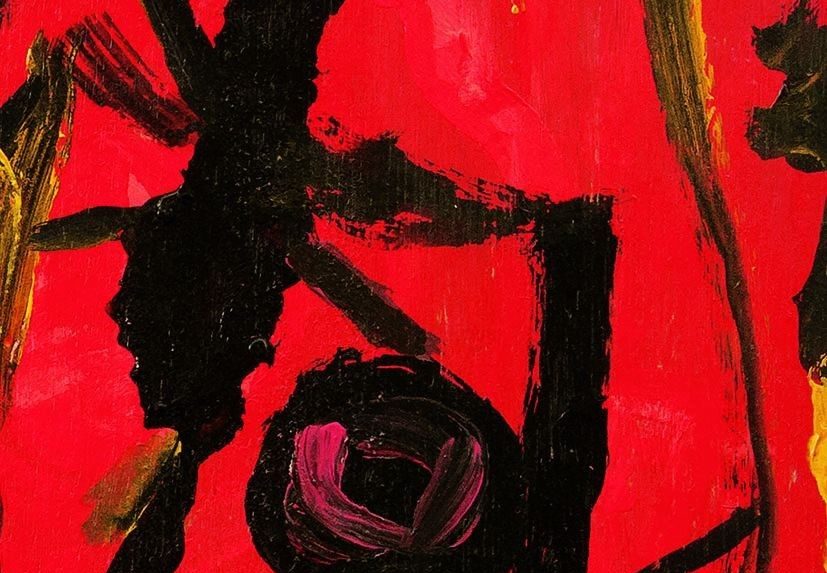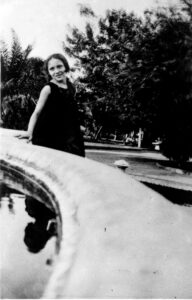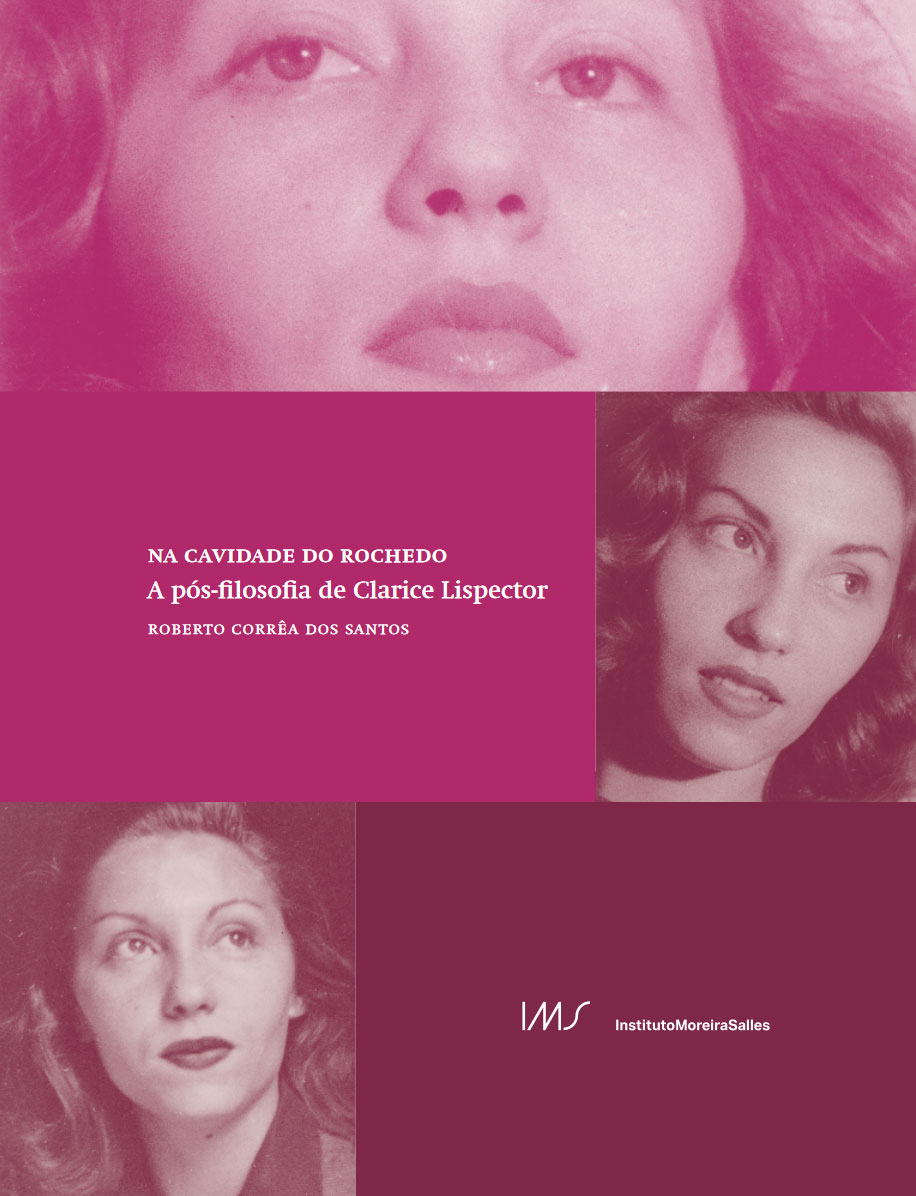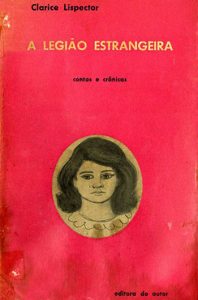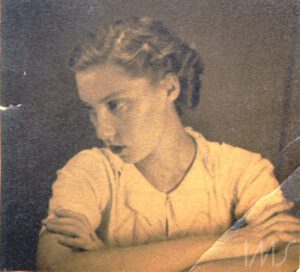, Clarice in a new reedition. IMS Clarice Lispector, 2019. Disponível em: https://site.claricelispector.ims.com.br/en/2019/12/09/clarice-em-nova-reedicao/. Acesso em: 13 December 2025.
In 2020, Clarice Lispector would turn 100 years old. A series of events has been scheduled to celebrate the occasion. The Rocco publishing house, which is responsible for the publication of her works, has already begun the commemorations with the reedition of the writer’s first three novels, written in the 1940s, when Clarice had not yet turned 30 years old: Near to the Wild Heart, The Chandelier, and The Besieged City. The rest of her complete works will be completely reedited by the end of next year.
The graphic design is under the care of Victor Burton, an award-winning book designer. The covers are illustrated with images and paintings by Clarice, most of which were done in 1975. The writer’s relation to visual art was never intended to be more than a pastime that expanded her creative processes; nonetheless, her production totals 22 paintings – two of which belong to the Moreira Salles Institute (IMS) collection – and earned a long reflection by the Portuguese critic Carlos Mendes de Sousa in the book Clarice Lispector: pinturas (Clarice Lispector: Paintings), which is also edited by Rocco.
The new editions also include new afterwords, written by specialists in Clarice’s work, such as Nádia Gotlib, Clarisse Fukelman, Benjamin Moser, Aparecida Maria Nunes, Ricardo Iannace, Marina Colasanti, Eucanaã Ferraz, Teresa Montero, Arnaldo Franco Junior, and the author’s son, Paulo Gurgel Valente. The director of this project, Luiz Fernando Carvalho, who recently adapted the book The Passion According G.H. to the screen (with a premier set for next year), also wrote one of the texts.
This first reedition, in 2019, contemplates Clarice’s first novel, Into the Wild Heart, which was a huge critical success, having received many positive reviews, including by the writer Antonio Candido, who at the time praised the author’s debut for the Folha de S. Paulo: “in our literature, it is a performance of the highest quality. The author – who seems to be a young novice – seriously considered the problem of style and expression.” The Chandelier (1946), her second book, on the contrary, had a lukewarm reception, which marked the beginning of the writer’s difficult relationship with publishers throughout her career. Lastly, The Besieged City (1949), which was written in Bern, Switzerland, when the young Clarice was accompanying her husband Maury Gurgel Valente on a diplomatic mission.
Clarice’s early literature, which now arrives at bookstores with a new look, demonstrates in the themes, narrative techniques, humor, style, and existential disquiet the same qualities that – reiterated by critics and the public – would be the trademark of the great writer’s successful career.

